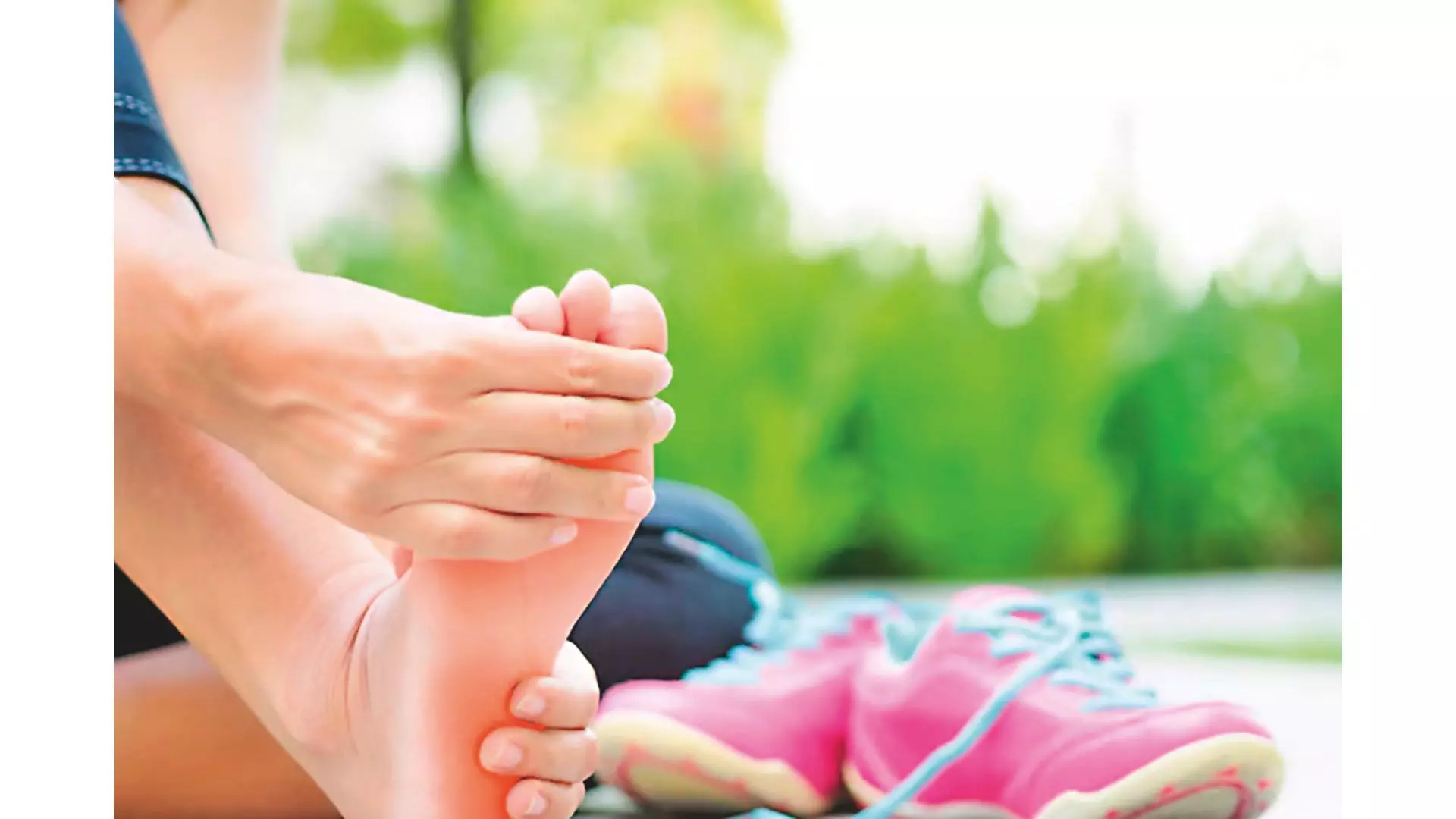GBS on the rise
GBS is a rare but potentially fatal immune-mediated disease of the peripheral nerves and nerve roots

As Telangana reports the first case of Guillain-Barré Syndrome (GBS), the number of suspected cases in Maharashtra has risen to 163 after the discovery of the uncommon nerve ailment in five more people in Pune.
“GBS is an uncommon and possibly fatal autoimmune condition, which occurs when the immune system mistakenly attacks the peripheral nerves, resulting in muscle weakness, numbness, and paralysis,” explains Dr. Anitha Kotha, Senior Consultant, Neurology, Star Hospitals.
Symptoms
“It usually starts with tingling and weakness in the feet and legs, then spreads to the upper body and arms. Some patients experience the initial symptoms in their arms or faces,” says Dr Anitha.
“If not addressed in time, the symptoms can progress to the arms making the individual crippled. Around 20 to 30 percent of the individuals may have a serious infection involving breathing difficulty and fluctuations in pulse and blood pressure requiring ICU and ventilator,” warns Dr. Abhinay M. Huchche, Consultant Neurologist, KIMS Hospital.
Muscle weakness: Starting in the legs and spreading to the arms and upper body.
Numbness: Tingling sensations in the legs, arms, and face.
Paralysis: Weakness or paralysis of the face, arms, and legs.
Difficulty swallowing: Dysphagia.
Shortness of breath: Respiratory failure.
Treatment
Plasma exchange: Removing antibodies from the blood.
Intravenous immunoglobulin (IVIG): Infused antibodies to neutralise harmful antibodies.
Supportive care: Respiratory support, physical therapy, and pain management.
Prognosis
Recovery: Most people recover fully, but some may experience residual weakness.
Complications: Respiratory failure, cardiac complications and secondary infections.
Prevention
Vaccinations: Getting vaccinated against infections that can trigger GBS.
Good hygiene: Practising excellent hygiene to prevent infections.
GBS outbreak is now impacting numerous districts of India, including Maharashtra. The scenario has spurred health authorities to take preventative measures and look into the origins of the epidemic,” says Dr Anitha.
Possible Causes
Contaminated water: Infected water sources are suspected to be the primary reason for the outbreak.
Campylobacter jejuni infection: Laboratory tests have confirmed the presence of this bacterium, which is known to trigger GBS — it is advised to boil water before consumption and maintain good hygiene practices.
Causes and Triggers
Infections: Campylobacter jejuni, Mycoplasma pneumoniae, and influenza.
Surgery: Rarely triggered by surgery.
Vaccinations: Rarely associated with vaccinations, such as flu and HPV vaccines.
Diagnosis
Medical history: Review of symptoms and medical history.
Physical examination: Neurological examination.
Lab tests: Blood tests, lumbar puncture, and electromyography (EMG).
